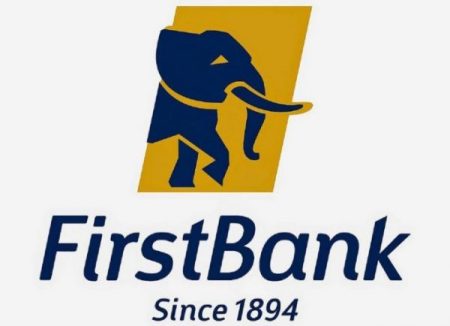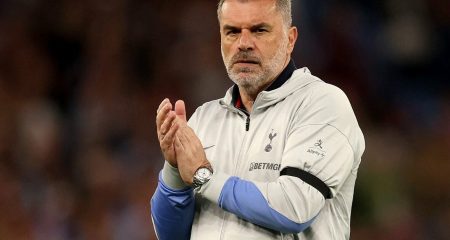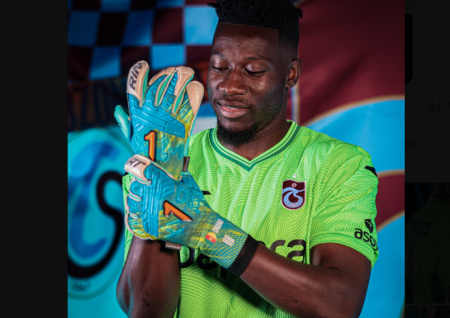The Dutch football landscape has been shaken by Ajax’s controversial decision to ostracize seven players, including former Arsenal forward Chuba Akpom, informing them of their exile via a WhatsApp group message. This abrupt and impersonal method has drawn sharp criticism from the Dutch players’ union, VVCS, which condemned the action as “improper employment” and an unnecessary public humiliation of players who are merely casualties of the club’s flawed policies. The incident highlights a growing trend of player marginalization within professional football, raising concerns about player welfare and the ethical treatment of athletes.
The seven players, all acquired under the now-dismissed sporting director Sven Mislintat, have been effectively banished from first-team activities. Denied access to regular training sessions and relegated to using facilities only after the first team has finished, they are treated as outcasts within their own club. This isolation extends beyond the training ground, with parking privileges revoked and access to medical staff severely restricted. The players, including Croatian international Borna Sosa, former Manchester City youth product Carlos Forbs, and Akpom himself, are left in a professional limbo, contracted to the club but effectively barred from participating in its core activities. This treatment sets a troubling precedent, potentially encouraging other clubs to adopt similarly disrespectful methods of player management.
The VVCS, the Dutch players’ union, has taken a firm stance against Ajax’s actions. Their statement emphasizes the injustice of isolating players for decisions made by club management. The players, they argue, are not responsible for Ajax’s strategic missteps and should not be made to suffer the consequences. This public condemnation puts pressure on Ajax to reconsider its approach and highlights the importance of unions in protecting player rights. The VVCS’s intervention underscores the need for clear protocols and ethical considerations in player management, ensuring that athletes are treated with respect and dignity, regardless of club performance or internal restructuring.
Akpom’s case is particularly illustrative of the precarious nature of a footballer’s career. Signed from Middlesbrough after a successful season in the Championship, his time at Ajax has been marked by inconsistency and a loan spell to Lille. His exclusion, delivered via a casual WhatsApp message, adds another layer of complexity to his already uncertain future. This abrupt dismissal not only impacts his immediate playing prospects but also potentially damages his reputation and market value. It raises questions about the duty of care clubs owe their players and the broader implications of such impersonal and seemingly arbitrary decisions.
The incident also exposes the volatile nature of football management. Ajax’s disappointing season, culminating in the loss of the Eredivisie title to PSV Eindhoven, led to the resignation of head coach Francesco Farioli and the subsequent dismissal of Mislintat. The arrival of new technical director Alex Kroes and head coach John Heitinga has ushered in a period of upheaval, with the seven players becoming early casualties of the new regime’s restructuring efforts. This rapid turnover of staff and the subsequent discarding of players highlights the ruthless nature of the modern game, where long-term planning often takes a backseat to short-term results.
The WhatsApp message itself has become a symbol of the perceived disrespect shown to the players. In a profession where personal relationships and communication are paramount, the impersonal and informal nature of the message underscores the lack of consideration given to the players’ careers and well-being. This seemingly minor detail highlights a wider issue of player management within the sport, where individuals can be reduced to commodities, easily discarded when no longer deemed valuable. The casual delivery of such significant news adds insult to injury, emphasizing the emotional toll these decisions can have on players and their families. It is a stark reminder of the human cost of the constant churn within professional football. Ajax’s actions have ignited a debate about player treatment and the need for greater respect and transparency within the industry. The VVCS’s intervention and the widespread media coverage of this incident signal a growing awareness of these issues and the need for change.














